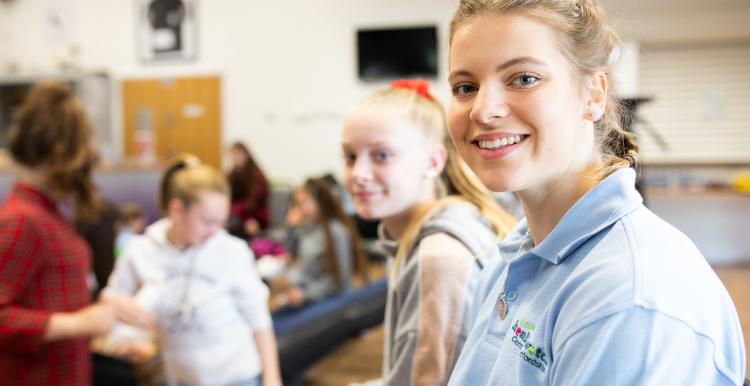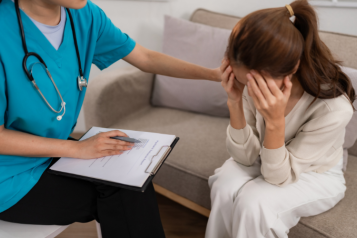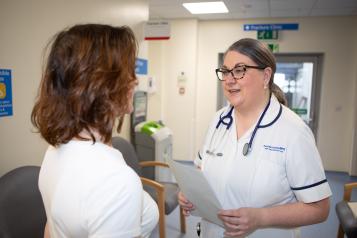We’re on a mission to reach residents who are not online

We print all of our materials, from our information guides and reports, to our surveys and questionnaires. We have postcards for people who might only want to share one comment, which can be posted to us for free.
Now, we need your help. We already have some wonderful volunteers, but we are looking for more people to help us distribute:
- Paper copies of a comprehensive survey with free-post envelopes.
- Free-post feedback postcards
- Paper copies of resource packs with useful contacts for support such as health, mental health, and finances on with free-post envelopes.
How can I volunteer, and safely receive the materials to distribute?
- How many copies you need of the survey, the resource pack and/or postcards
- The area where you will distribute them
-
We will then post the materials you have requested from us to your given address.
Does this really work?
Yes! Following a request, we sent paper copies of the survey to a resident who dropped them off at a sheltered housing scheme in the area. We have received 16 completed surveys from those that we could not have reached otherwise.
Aren’t most people Internet users now anyway?
While there is data to suggest that most people in the UK have recently used the Internet, there is a difference between accessing the Internet and having regular access to it.
There are many reasons for why a person might not be online: for some, they lack access, others lack knowledge of how to use the Internet or certain devices. Some people are even turning away from using digital technologies, for their own personal reasons.
These people often encounter the same challenges in accessing their health and social care, that they do in reaching us.
Our work throughout the has shown us that there are still gaps in local communications. Every time we can’t reach person with a story to tell us about their health and social care experiences, we are missing part of the bigger picture.


